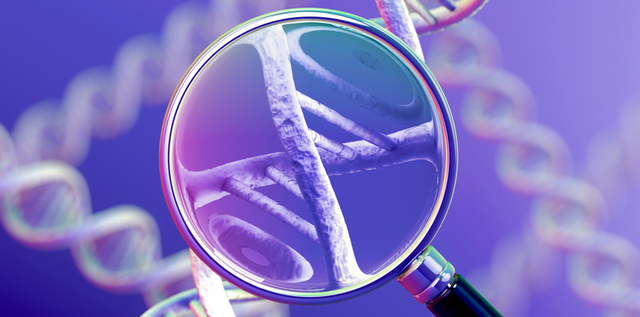
09:39 17th April 2016 | Genetic Defects
PGS Assisted Reproduction Chromosomal Defects Embryo Stage Unborn Child CVS IVF/PGS Genetic Disease Sickle Cell Disorder Genetic Abnormality Defective Genes
Pre-implantation Genetic Screening (PGS) is arguably one of the most valuable developments in the assisted reproductive world. Essentially it is a means whereby chromosomal defects, which can cause a variety of diseases, can be detected at embryo stage. This is of particular value to couples who are at risk of passing on any of their genetic defects to their unborn child.
Before PGS, the only way to diagnose a defect was to perform anamniocentesis or chorionic villus sampling (CVS) during pregnancy. These procedures detect the presence of abnormalities in the foetus but the only solution was for the woman to abort the pregnancy. With IVF/PGS, the embryos are screened in the laboratory for specific chromosomal problems prior to transfer into the uterus, and only those that are not affected by the condition in question are transferred.
Some genetic diseases inherited through the mother are more severely expressed in one gender than the other and parents who are carriers of these genetic disorders may choose to have babies of the gender associated with a less severe form of the disease.
We have described the process of IVF/ PGD, of which PGS is a key factor. In our blog Sex Selection however, PGS is of particular significance in Nigeria with reference to its high prevalence of sickle cell disorder, a genetic abnormality. Nigeria has the highest prevalence of the disease in the world, with over 40 million carriers of the sickle cell gene, and over 100,000 new births annually.
Those with the disease suffer a higher than average frequency of illness and premature death, especially in infancy. The condition can also cause heart attacks, kidney failure, severe infections and sudden death.IVF/PGS offers the solution to couples who suffer from the disease and who want to have healthy children. It also offers hope to couples who carry the defective genes that cause other serious conditions including cystic fibrosis,Tay-Sachs disease, autism and Parkinson’s disease
Your specialist may recommend PGS if you are over 35 years and have a higher-than-normal risk of having a baby with a chromosome problem such as Down syndrome. It may also be recommended if you have a history of recurrent miscarriages or have had several unsuccessful IVF cycles, or your partner’s sperm are known to be at high risk of chromosomal problems.
At Bridge Clinic we carry out a genetic screening process in our FertilitySure Assessment Programme, specifically with reference to high levels of FSH and LH hormones which can indicate chromosomal abnormality
If you believe you, your partner or a member of your family may have a genetic disorder and would like to discuss it with us, please phone 01 631 0092 or email enquiries@thebridgeclinic.com
Search by condition, treatment or keyword and conveniently browse our informative articles
Book an appointment online or search for a clinic close to you.
Book an Appointment